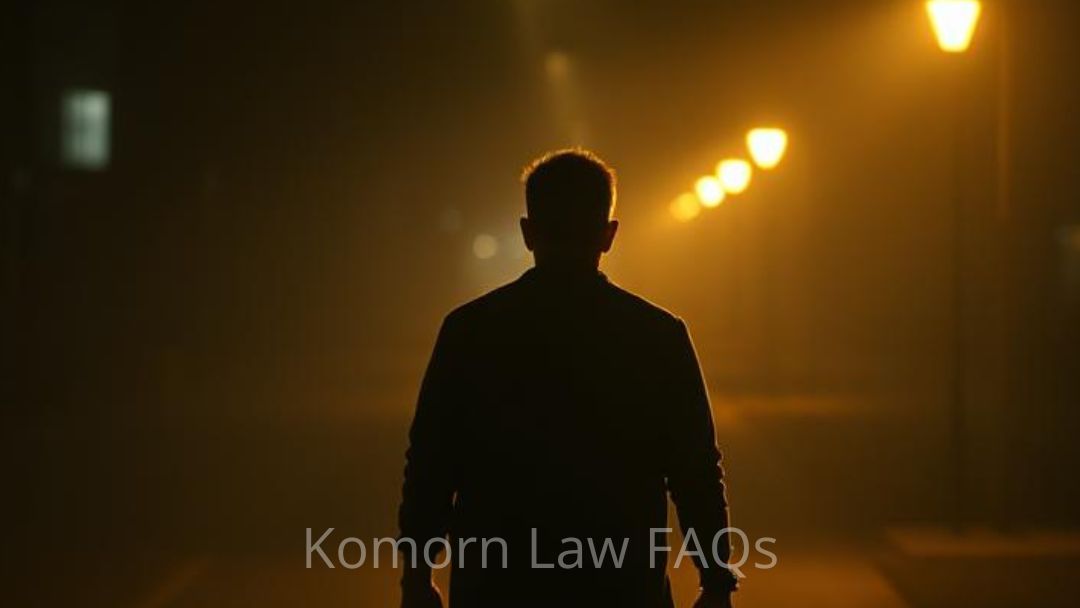Summary of the Opinion in Loper Bright Enterprises v. Raimondo
In Loper Bright Enterprises v. Raimondo, the Supreme Court addressed the enduring precedent set by Chevron U.S.A., Inc. v. Natural Resources Defense Council, Inc., which has shaped administrative law for four decades.
The Court’s decision in this case reaffirms and refines the principles of judicial deference to administrative agency interpretations of statutory mandates. The ruling has significant implications for regulatory authority and the balance of power between agencies and the judiciary.
The Supreme Court decision on Friday, June 28, 2024 significantly limits federal agencies’ authority to interpret laws, requiring courts to rely on their own interpretations of ambiguous laws. This ruling is expected to have widespread impacts, affecting everything from environmental regulations to healthcare costs nationwide.
Detailed Analysis
Background and Lead Opinion
In Chevron, the Court established a two-step framework for courts to evaluate whether to defer to a federal agency’s interpretation of a statute it administers. The Chevron doctrine stipulates that if a statute is ambiguous, courts should defer to the agency’s interpretation as long as it is reasonable.
This doctrine has allowed agencies considerable latitude in shaping policy and implementing regulations.
Key Points of the Opinion
Chevron Deference Revisited:
The Court in Loper Bright Enterprises took the opportunity to revisit the Chevron doctrine. The majority opinion reaffirmed the necessity of judicial deference to agency expertise but emphasized the importance of clear legislative mandates. The Court highlighted that deference is appropriate only when Congress has explicitly or implicitly delegated authority to the agency to make such interpretations.
Limits of Agency Authority: The opinion underscored the limits of agency power, cautioning against overreach. The Court stated that while agencies possess expertise, they should not extend their interpretations beyond the scope of their delegated authority. This aspect of the ruling seeks to prevent agencies from assuming legislative roles under the guise of interpreting ambiguous statutes.
Judicial Oversight: The ruling reinforces the judiciary’s role in ensuring that agencies operate within their statutory bounds. The Court stressed that ambiguous statutes do not automatically grant agencies the power to regulate as they see fit. Instead, courts must scrutinize whether the agency’s interpretation aligns with the statutory framework and Congressional intent.
Implications for Regulatory Agencies
Cannabis Regulatory Agencies in Michigan: For state agencies like those regulating cannabis in Michigan, this ruling emphasizes the need for clear statutory guidance. The agencies must ensure that their regulations and enforcement actions are firmly grounded in legislative mandates. This may require more detailed legislation from state lawmakers to provide a clear framework for agency actions.
Historical Context and Agency Overreach: Over the past 40 years, the Chevron doctrine has enabled various federal agencies to expand their regulatory reach.
However, there have been instances where courts have pushed back against perceived overreach. The Environmental Protection Agency (EPA) and the Federal Communications Commission (FCC) are notable examples where judicial scrutiny has curtailed expansive interpretations of statutory authority.
Future Regulatory Landscape: Moving forward, regulatory agencies must navigate a more constrained environment where judicial deference is not guaranteed. Agencies must build robust records demonstrating that their interpretations are within the scope of their delegated authority and consistent with legislative intent. This may result in more conservative and narrowly tailored regulations.
What all that means in one long sentence: Loper Bright Enterprises v. Raimondo has reinforced judicial oversight over federal and state regulatory agencies and delineates the limits of agency authority for businesses and individuals, especially those involved in highly regulated industries such as cannabis meaning regulations made up by agencies need legislative OK.
At Komorn Law, we specialize in navigating the complex landscape of constitutional law. This recent Supreme Court decision illustrates the nuanced legal analyses and strategic thinking that we bring to our practice, ensuring that our clients receive informed and effective representation.
Our commitment to understanding and influencing the trajectory of legal standards helps us advocate for a balanced approach to individual rights and public safety.
Recent

Criminal Law FAQs – Drinking Alcohol or Smoking Marijuana and Driving
Michigan Criminal Laws FAQs Operating a Motor Vehicle Under The InfluenceWalking is cool... For fun and excercise. Not because you lost your license. Don't do the crime if you can't pay the price. But if you do get charged with a crime. Better Call Komorn to fight for...

Criminal Law FAQs – Probation Violations
Michigan Criminal Laws FAQs Theft CrimesAccording to Michigan State Law (Michigan Compiled Laws - MCL), a Probation Violation occurs when a person who has been sentenced to probation fails to comply with the terms and conditions of their probation order. These terms...
Other Articles
Do Students Have 4th Amendment Rights in Schools
Students and 4th Amendment RightsStudents are entitled to a right to be safe from unreasonable searches and seizures even within school premises, as ruled by the Supreme Court of the United States. However, these rights are somewhat limited for students, allowing...
Forfeiture Law: SCOTUS and Sixth Circuit Issue Landmark Rulings
Forfeiture Law in Focus: SCOTUS and Sixth Circuit Issue Landmark RulingsThe landscape of forfeiture law has been significantly shaped by recent decisions from the U.S. Supreme Court and the Sixth Circuit Court of Appeals. These rulings, in the cases of United States v...
When Can Your Silence Be Used Against You in a Legal Situation?
US Supreme Court - Salinas v. TexasWhen Can Silence Be Used Against You? In the realm of criminal law, the Fifth Amendment to the United States Constitution grants individuals critical protections, including the right to remain silent and the right against...
Supreme Court 8-1 Gun Possession Decision Changes Second Amendment
Supreme Court 8-1 Gun Possession Decision Changes Second Amendment Landscape Forever!Issue: Whether 18 U.S.C. 922(g)(1), the federal statute that prohibits a person from possessing a firearm if he has been convicted of “a crime punishable by imprisonment for a term...
















